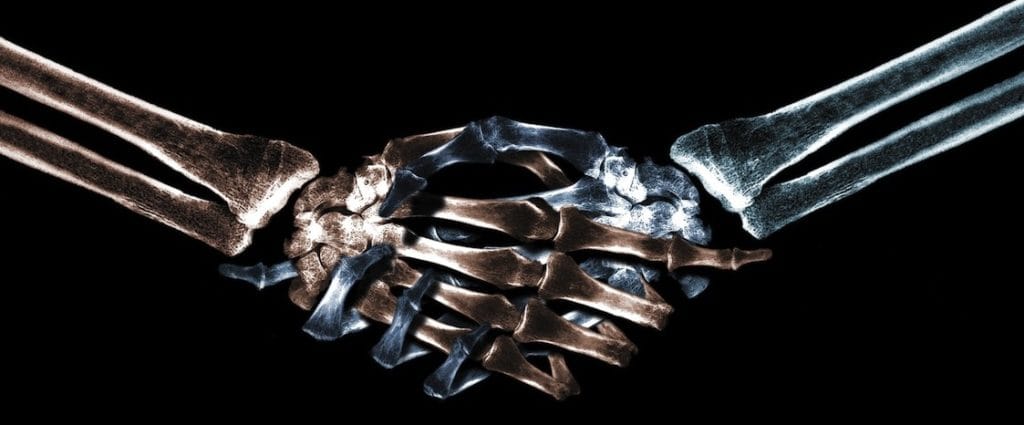Destination Addiction
Is your mind overactive with “the grass is greener” thinking? Do you sigh in frustration that you aren’t living the life you imagined? Are you immersed in thoughts such as: “What if I hadn’t married my spouse and there’s someone better for me?” “If only I were thinner, prettier, better educated, healthier, or wealthier, I […]
Destination Addiction Read More »









